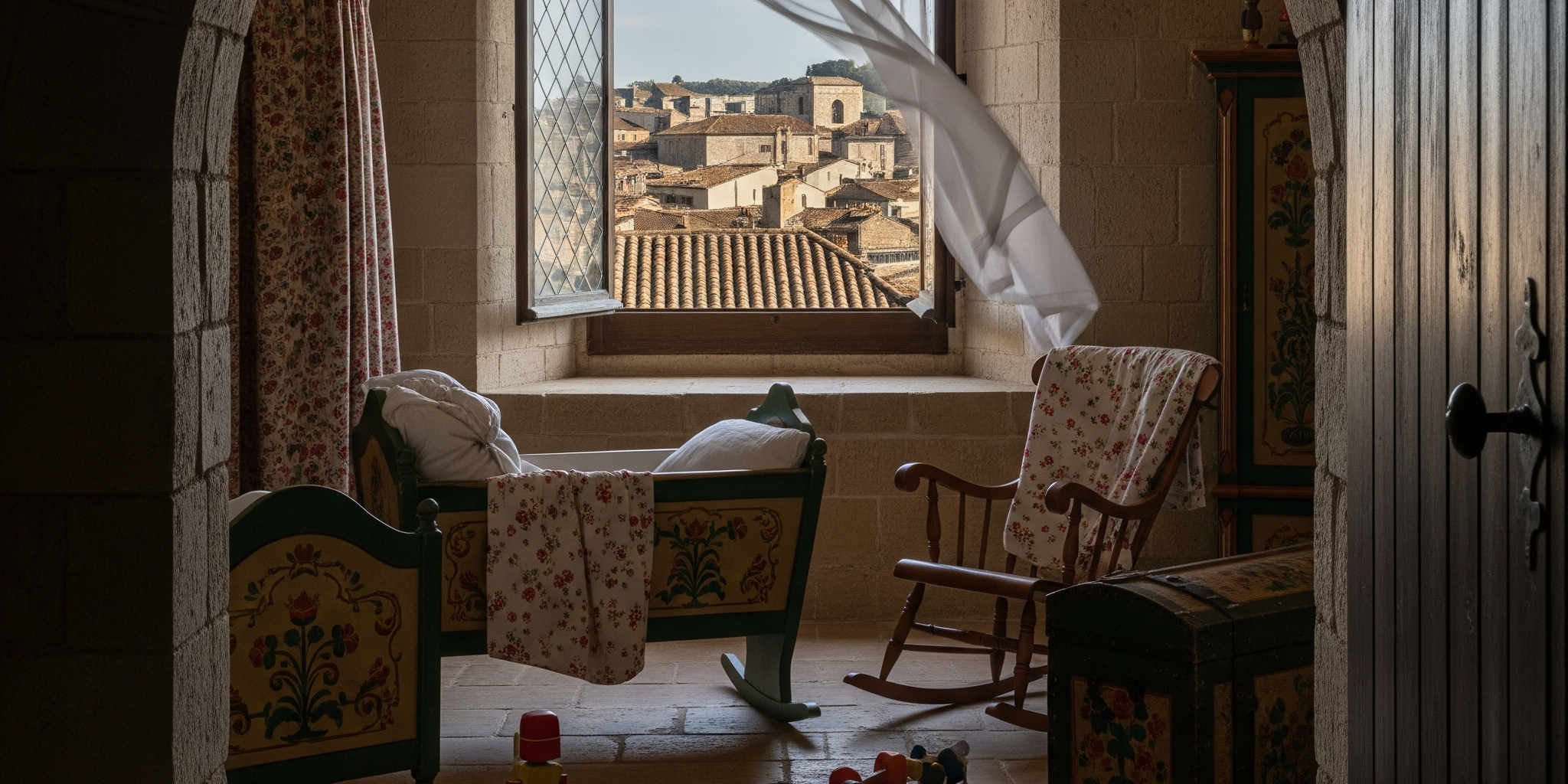Lysander Lamprok
Lysander Lamprok is lord and baron of Tria Potamos and Apidaia, a pair of modest fiefs in old Agryos. The line of Lamprok is an old one with ties to the previous dynasty of the Orcheohyle Kings, and Dukes of Agryos. The Lamprok baronies have produced many knights and champions of the Celestia, and each barony hosts a notable clerical manor. The prestigious Lamprok line also once held the seat of the County of Litharia in which his baronies lie, though the family's holdings have fractured and been divided among its heirs over time.
With his first marriage to his first cousin Sophia the barony of Tria Potamos was brought back under the main Lamprok family line. Their union was considered one of convenience for both branches of the family at the time, but it quickly bore five healthy heirs. After the passing of young Sophia, Lysander ackowledged three bastard children he had been rumored to have had by a local priestess, causing some uncomfort in the new court in Silver Towers. Earning the moniker Lamprok the Letcherous, Lysander took a new young wife Nefeli from the Orestes of Kalamion along the Asmenio River who are said to be strong allies of the new King Mavros, and she has borne Lysander four more children.
While the lands of Tria Potamos and Apidaia are not poor, the olive and pear orchards and fair grazing lands they possess are strained to support the bursting nurseries of Lord Lamprok. While the Fyteia Temple and Eosforou Hagion Monastery bring travelers and business to the area, there are limited options for a baron to levy taxes or fees upon them. While his families previous loss of the title of Count of Litharia, and its ties to the institutions of the Celestia may have protected Lamprok from losing his baronial holdings during the change in sovereign lines, the disgraceful state of his finances may lead to their loss or diminishment.
While Lamprok was away on campaign with the King Mavros against the petty king of Bianchi, a case was heard by the steward granting his neighbor Halumai the Baron of Petraule permission to collect on his debts. The disgraceful breach of contract and extended delinquency of the debts is said to have spurred the stewards judgement in the absence of the accused.




Comments